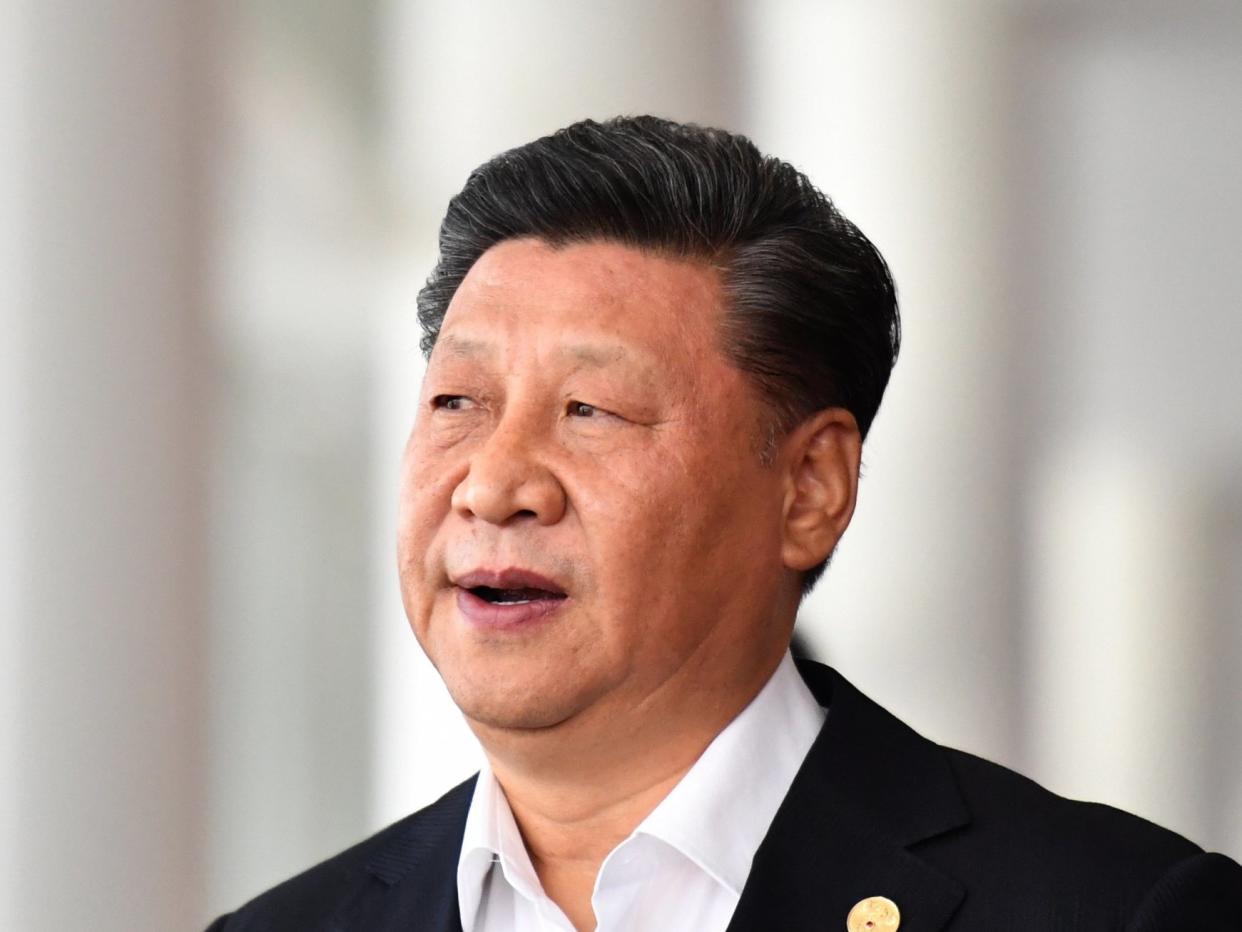Trade tensions simmer as China blames US for unprecedented breakdown of talks at Asia-Pacific summit

The unprecedented failure to agree on a communique at a major Asia-Pacific summit resulted from certain countries “excusing” protectionism, a major Chinese diplomat has said, in an apparently veiled criticism of the United States.
After months of bickering over a damaging trade war, the disputed South China Sea and US support for Chinese-claimed Taiwan, the presidents of the two nations took a step back from hostilities with an ice-breaking phone call earlier this month.
While both Donald Trump and Xi Jinping expressed optimism about resolving their trade war ahead of a planned meeting at the G20 in Argentina at the end of the week, relations have since soured again.
The Asia-Pacific Economic Cooperation (APEC) summit in the Papua New Guinean capital Port Moresby over the weekend saw open disagreement, topped by disputes between the US and China over trade, security and which would be the better investment partner for the region.
For the first time, the gathered leaders failed to agree on a joint communique.
The failure was ”by no means accidental,” the Chinese government’s top diplomat, Wang Yi, said in comments on the foreign ministry’s website.
“It is mainly that individual economies insisted on imposing their own texts on other parties, excusing protectionism and unilateralism, and not accepting reasonable revisions from the Chinese and other parties,” the ministry cited the state councillor as saying, without naming any country. “This practice caused dissatisfaction among many economies, including China, and it is obviously not in line with the consensus principle adhered to by APEC.”
Consensus is where the value lies in APEC, Mr Wang added. “It is in the joint interests of all parties and cannot be ignored and abandoned.”
China’s foreign ministry said the US, whose delegation at the summit was led by the vice president, Mike Pence, attended APEC in a “blaze of anger” and China had not gone to “get into a boxing ring”.
Mr Pence said the US would not back down from the trade dispute, and might even double tariffs, unless Beijing bowed to American demands.
A Chinese foreign ministry spokesman later added to the criticism of the failure to sign the communique.
“An individual member” of APEC would not heed other members and insisted on trying to add content “harming other countries’ basic interests”, trying to “put on a coat of legitimacy to its protectionist, unilateralist ways”, Geng Shuang told a daily news briefing.
China also took a dig at Mr Pence’s pledge of development financing of $60bn (£46bn) for what the Trump administration calls the Indo-Pacific region, a promise widely seen as Washington’s answer to Mr Xi’s massive Belt and Road infrastructure plan.
“We take note that some voices worry whether the United States can make good on its promises and whether they’re just paying lip service,” Mr Geng said, in reply to a question. “We hope these worries don’t come to pass.”
The trade spat between China and the United States, the world’s two largest economies, has dragged down financial markets, with world stocks falling on Monday partly due to the persistent tension.
Additional reporting by Reuters

 Yahoo News
Yahoo News 
